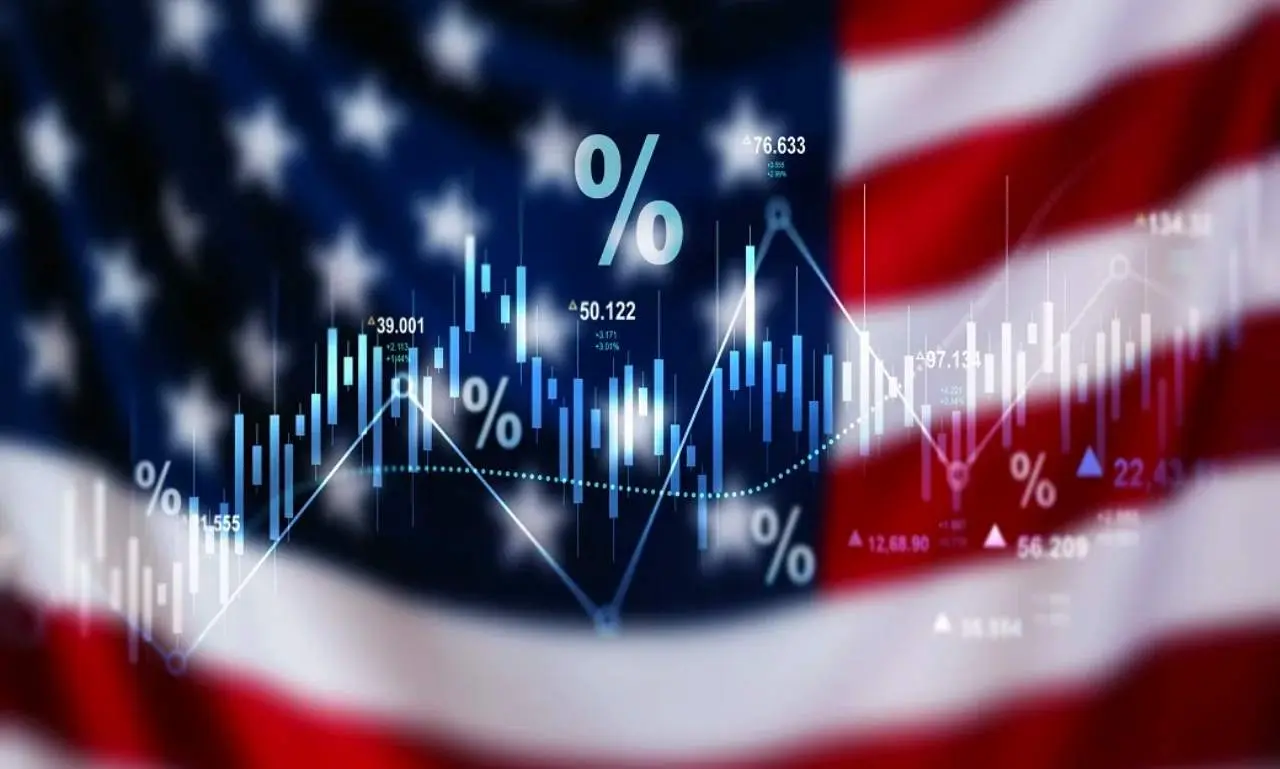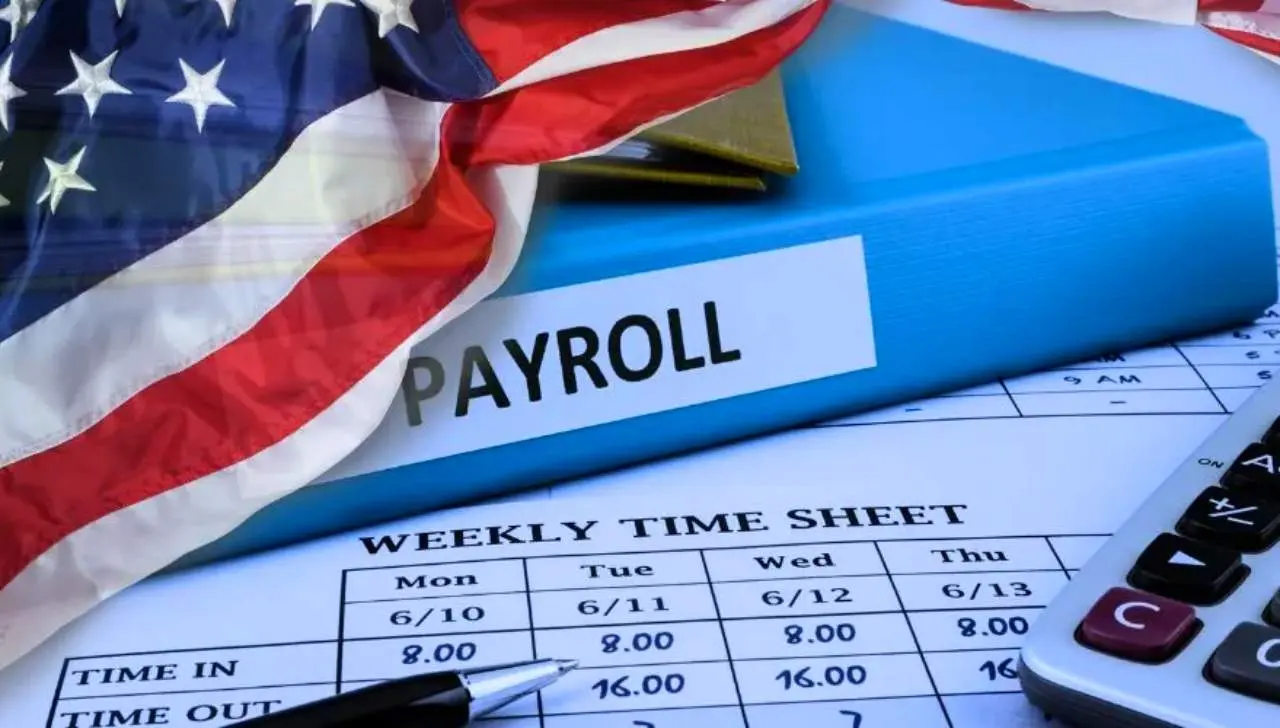✨Start Earning from Day One with the Foxiz Theme
- Built-in Affiliate & Ad Monetization Tools
- Optimized for SEO & Speed
- Pre-made Demo Sites for Niche Blogging
Best Expert Tips to Grow Your Affiliate Blog and Startup Business
Tensions Flare at Nebraska GOP Town Hall Amid Support for Trump’s Agenda
In a heated town hall in Lincoln, Nebraska, Rep. Mike Flood faced a storm of…
Trump White House Ballroom Renovation: President’s House will be renovated at a cost of $200 million
In a highly anticipated move, President Donald Trump recently appeared on the roof of the…
Gold Price Outlook: How to Navigate Market Uncertainty
Gold has always been seen as a safe haven for investors during…
Surprising Natural Gas Storage Build Exceeds Analyst Expectations
Natural gas supply and demand must be managed effectively, and storage plays…
Why QuantumScape Could Be A Good Buy Even If the Market Is Unstable in Q2 2025
QuantumScape (QS) is a prominent player in the rapidly changing world of…
U.S. Economy Defies Slowdown Fears with 3 Percent Q2 GDP Growth
The U.S. economy expanded at a stronger pace than expected in the…
Webinars
Start Here
Silver Price Forecast: Will XAG/USD Continue Its Bearish Trend?
Silver (XAG/USD) has been on a downward trajectory, recently facing resistance at…
Susan Monarez Appointed as CDC Director: A New Chapter for Public Health
In a landmark decision, Susan Monarez has been appointed as the 21st…
US Private Payrolls Beat Expectations in July, Fueling Market Optimism
In July, the United States added 104,000 private-sector jobs, surpassing economists' expectations…
Bitcoin’s Next Boom? Analyst Predicts $185,000 Target Based on Supply Shock Trends
The most popular cryptocurrency in the world might be on its way…
Pro Strategies to Skyrocket Your Affiliate Blog and Business
Traffic Tactics
North Korea Signals Defiance as Kim Yo Jong Rejects South Korea’s Diplomatic Overture
Kim Yo Jong, the powerful sister of North Korean leader Kim Jong…
Dollar Gains Momentum as US Data Surprises Markets and Trade Optimism Grows
The US dollar is doing well because investors are still surprised by…
A Big Change for Trade Between the US and the EU
There has been a big change in global trade lately. The US and…
Gold at a Crossroads: Will Prices Tumble or Rebound in August 2025?
Gold is standing at a critical juncture this week, with prices hovering…
✨Start Earning from Day One with the Foxiz Theme
- Built-in Affiliate & Ad Monetization Tools
- Optimized for SEO & Speed
- Pre-made Demo Sites for Niche Blogging
Latest Strories
China’s Market Moves: Why US Investors Should Keep a Close Eye on the Hang Seng Index
American investors are paying attention as the Hang Seng Index rises on hopes that Beijing…
Behind the Headlines: Hunter Biden, His Legacy, and His Father’s Political Journey
As the 2024 election season comes to an end, a new kind of political story…
XRP Price on the Brink of Breakout as SEC Decision Looms and Market Eyes Key Catalysts
The crypto market is holding its breath as the Securities and Exchange Commission (SEC) gets…
The Reluctant Endorsement: Why Hakeem Jeffries Isn’t Supporting Zohran Mamdani Yet
State Assemblyman Zohran Mamdani beat former Governor Andrew Cuomo in the Democratic primary for mayor.…
Gold Prices Dip Amid Hawkish Fed Signals: What Investors Should Know This Week
Last week, gold prices fell below the important support level of $2380, which made traders…
How Trump’s Tariff Deadline Could Change the USD to EUR Exchange Rate in Late 2025
As the second half of 2025 begins, investors are keeping a careful eye on Donald…
Will Natural Gas Prices Rebound Soon or Slide Further? Key Trends to Watch This Week
Natural gas prices in the US had a rough start to the week and had…
Is the $1000 Mark Next for Binance Coin?
Binance Coin (BNB) has captured the attention of cryptocurrency enthusiasts, recently achieving a new peak…
Silver Eyes $40 as Supply Squeeze Intensifies
Silver (XAG) is experiencing a notable rally, with analysts suggesting a potential move past the…
US Dollar Finds Its Footing Amid Trade Deal Optimism
The US dollar has shown signs of stability recently as market participants closely monitor the…






























